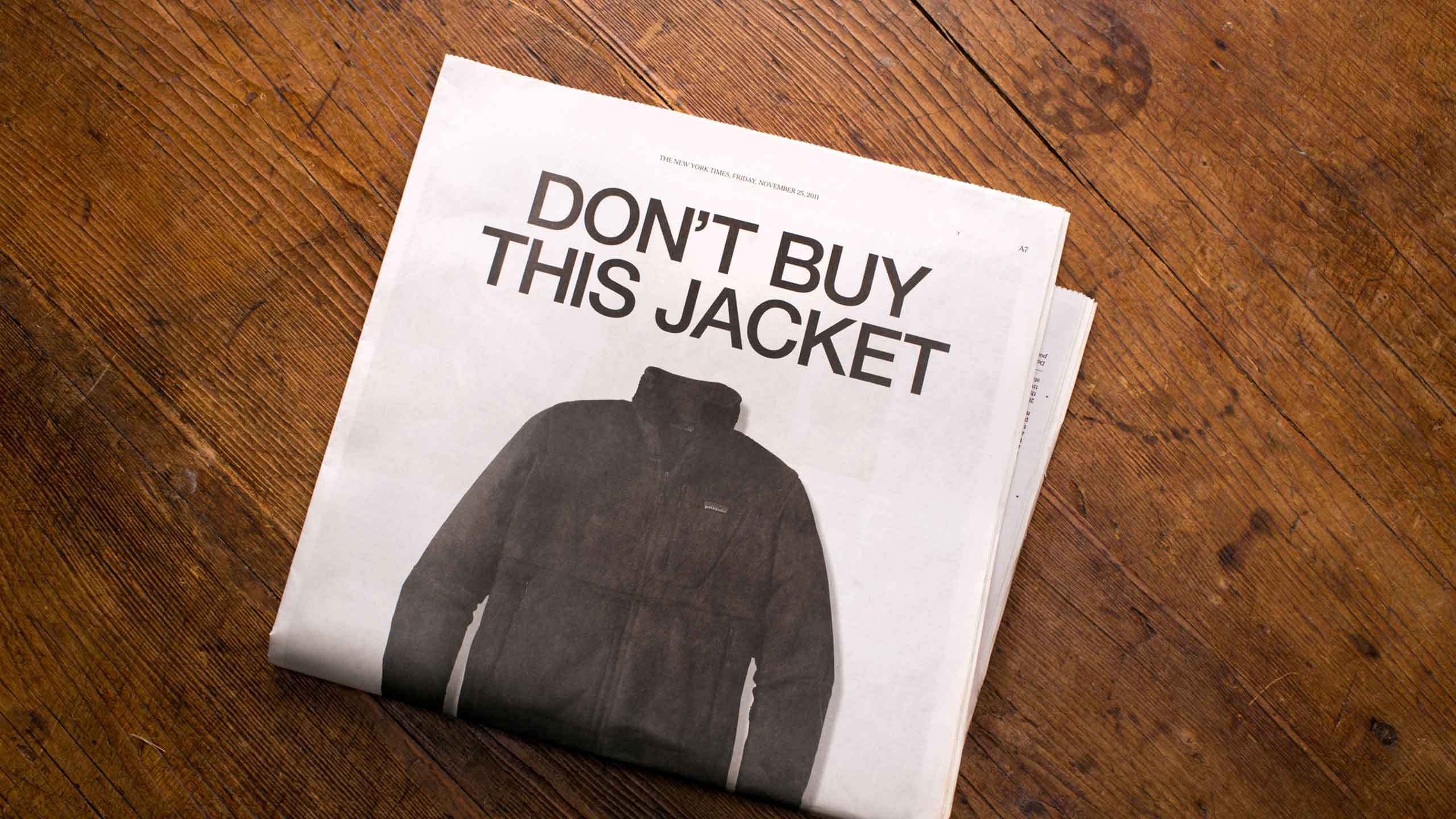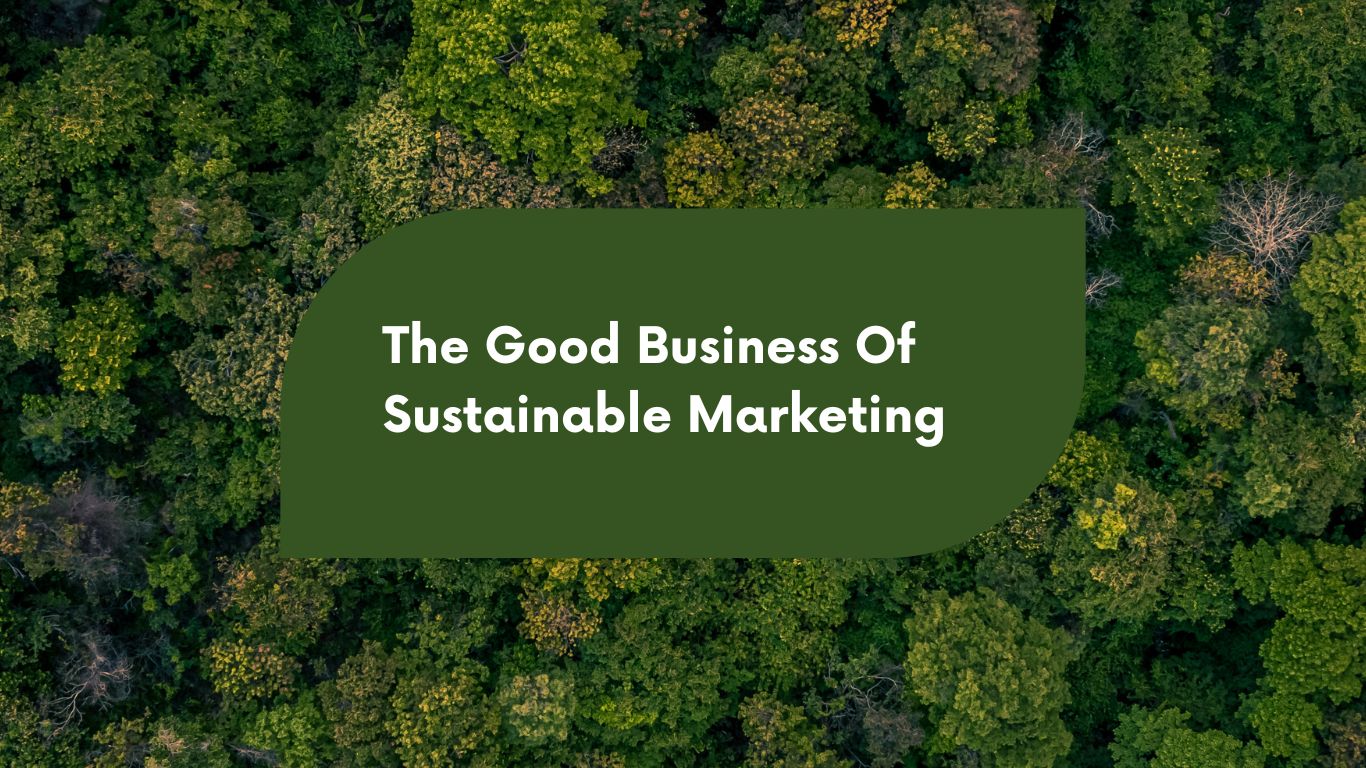After attending the ESG and Sustainability in Asia Workshop, my interest in sustainable businesses has grown substantially and as a marketer, I am specifically interested in the intersection of Marketing and Sustainability—how can businesses effectively integrate sustainable practices into their brand identity and growth strategies in a way that resonates with today’s conscious consumers?
Patagonia: A Case Study in Sustainable Business and Marketing
When I think about sustainable brands—Patagonia stood out in how they have successfully created business success while being sustainable. The story of Patagonia and its founder, Yvon Chouinard, is a powerful testament to how a brand can stay true to its values while achieving financial success. Having read Yvon’s book, Let My People Go Surfing, I gained a deep understanding of how Patagonia has been built around a mission that prioritises the planet and people, without sacrificing profit.
Patagonia is more than just an outdoor apparel company. Because Yvon was so passionate about the outdoors and protecting the environment, his vision for Patagonia was clear: to create a company that cared deeply about environmental stewardship while remaining profitable. This commitment is woven into every aspect of its business model, from product design to corporate philanthropy.
The Business of Sustainability
They focus on using recycled and sustainable materials in their products, advocating for repair and reuse to extend product life. The company’s Worn Wear program encourages customers to buy used Patagonia gear, trade in their old items, or repair them instead of buying new ones—thereby reducing the environmental impact of clothing production.
They support grassroots environmental organisations through their “1% for the Planet” initiative and with them leading the charge, many brands came on board to pledge 1% of profits back to protecting earth’s resources.
The Marketing of Sustainability
One of the most iconic examples of Patagonia’s sustainable marketing is their “Don’t Buy This Jacket” campaign. Launched on Black Friday in 2011, the campaign featured a full-page ad in The New York Times that urged consumers to consider the environmental cost of consumerism and to only buy what they truly needed. This bold move not only reinforced Patagonia’s commitment to sustainability but also resonated deeply with a growing segment of consumers who value ethical and environmentally responsible brands.

The campaign was successful because it aligned perfectly with Patagonia’s core values and business objectives, enhancing the brand’s reputation while still driving sales from conscious consumers.
More recently in 2022, in a move that further exemplified Patagonia’s dedication to sustainability, Yvon Chouinard made headlines when he transferred ownership of the company to a trust and a nonprofit dedicated to fighting climate change. This decision ensured that all future profits would be used to protect the planet, underscoring the company’s long-term commitment to environmental causes.
Who else?
While not as extreme as Patagonia, there are many well-known global brands that are doing their part to tackle climate and sustainability issues. These include Apple (Mother Nature), Nike (Move to Zero), IKEA, and many more.
I also think back on my trip to Bali in 2023 with The Earth Company, where I gained so much appreciation for the urgent work that is required to tackle the climate risk and restore our planet.

Spotlight on local Singapore brands
In Singapore, there are also increasingly more brands that are focused on incorporating sustainable practices into or as a starting point for their business. These include The Green Collective, UnPackt, Zerrin, Swapaholic, and many more.
As I continue my research into sustainable businesses and their marketing strategies, I aim to help other businesses achieve similar success—to align sustainability with business objectives in a way that resonates with consumers and drives long-term growth—ensuring that people, planet, and profits are all taken into account.
Sustainability is the future of business. We can all do our part in creating a more sustainable, equitable, and profitable world. I look forward to sharing more insights.

Leave a Reply